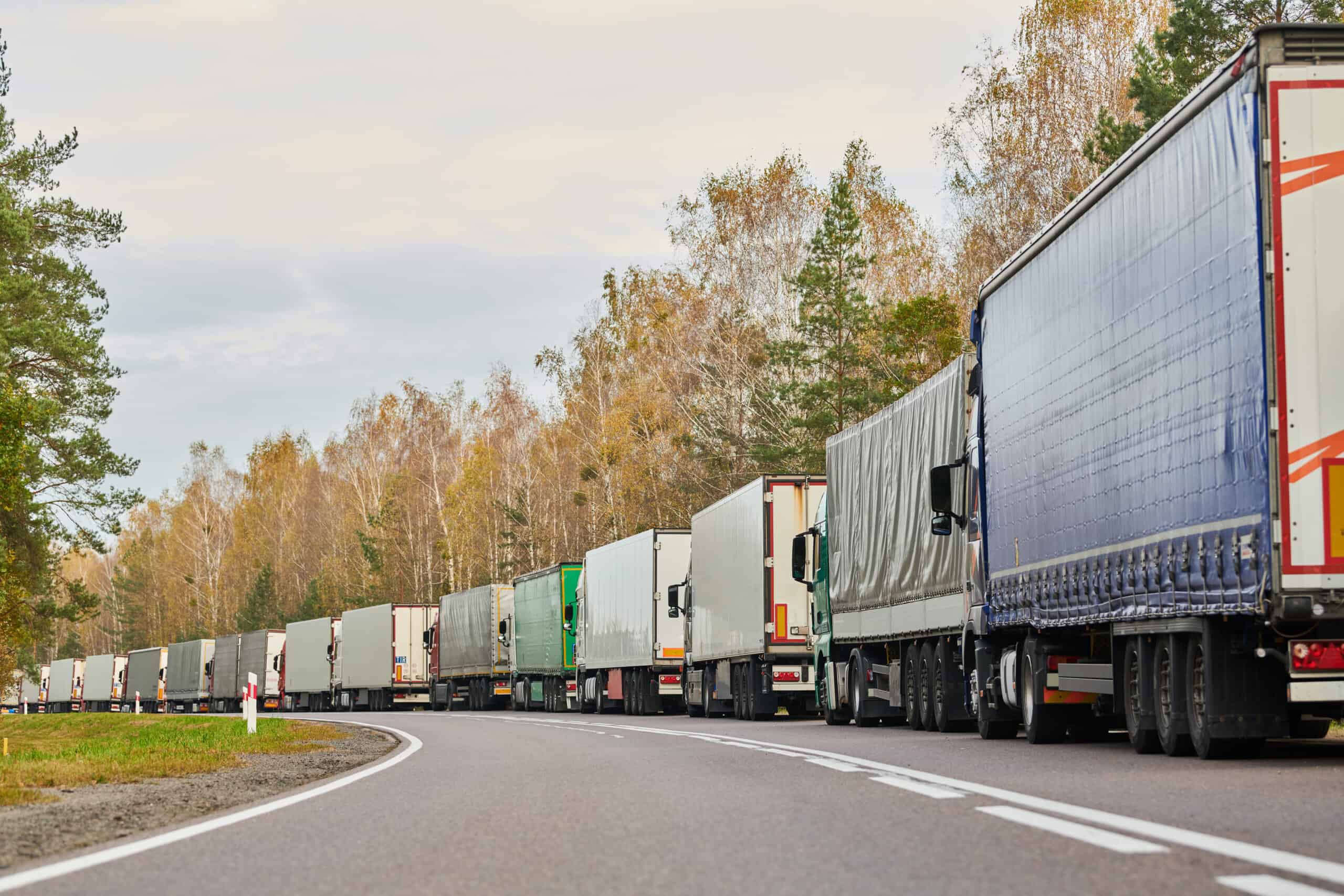Cargo and shipment are shipping terms that are sometimes used interchangeably but have slightly different meanings. It’s essential to understand the difference so you use the correct terms when you communicate about cargo vs. shipment with your eCommerce fulfillment service and other providers.
TL;DR:
Cargo vs. shipment basics

Cargo refers to the goods being transported, while shipment can mean both the action of shipping or a specific set of goods.

Freight typically refers to bulk shipments of goods transported to commercial facilities.

Ships carry approximately 95% of the world’s cargo by volume, with air freight handling about 35% by value.

FTL (full truckload) shipments are more direct, while LTL (less than truckload) may involve multiple transfers but offer flexibility for smaller quantities.

Cargo vs. shipment definitions
01
Shipment can describe either the action of shipping goods or a set of goods constituting a shipment. Meanwhile, cargo always refers to the merchandise being shipped. Let’s drill down into cargo vs. shipment.
What is cargo vs. shipment?
Cargo most often refers to the containers in ocean shipping, but can be transported by airplane, truck, or train as well. Cargo is a generic term for all items onboard a transport vehicle.
Shipment often denotes the transport of specific products. For example: “We received a shipment of shoes from our factory in China” or “The shipment contained stock for four different SKUs.”
What is freight?
Freight refers to shipments of bulk goods. Cargo and freight are generally the same thing. A package delivered to a customer’s door is rarely freight (though some oversized deliveries may come via residential LTL freight).
Freight may be less-than-truckload (LTL) palletized stock, full-truckload shipments, or full-container loads, usually transported to manufacturing facilities, distribution centers, and fulfillment warehouses.
What is a freight shipment?
A freight shipment is a single bulk shipment. The freight shipped can be an LTL pallet of goods or FTL (full truckload) or FCL (full container load) shipments.
Modes of transport for cargo
02
You can send a cargo shipment by a variety of different transport modes. Shipments in international trade are almost always intermodal, with shipping containers transferred from truck to container ship to train or other modes.
Cargo ship
Cargo ships carry approximately 95% of the world’s cargo by volume. Most cargo ships transport their cargo in shipping containers, which allow more efficient loading and unloading because of standardized sizing. Metal shipping containers also protect products from damage and exposure to the elements during shipping.
Key Takeaway: Cargo shipping isn’t the fastest way to transport goods, but it is often the most economical. Ship cargo may also be called ocean freight.
Cargo plane
Cargo planes provide faster transport for goods over long distances. Air cargo is more expensive but more secure and, therefore, often used to transport high-value items. Air freight carries about 35% of the world’s cargo by value.
Freight trucks and trains
Supply chains rely on intermodal transportation for the road transport of cargo shipments. For example, a shipment of a single SKU might get loaded into a container at a factory in Vietnam. A freight truck transports the container to the nearest port, where it’s loaded onto a cargo ship bound for the Port of Los Angeles. The container continues its journey in LA via a freight train loaded with dozens or hundreds of containers. A freight truck will then probably pick up the container at the train depot to take it to a distribution center or warehouse.

What’s in a shipment?
03
A shipment can contain a single SKU or multiple SKUs. Distribution centers often sort and repack products to ship a mix to a retail outlet or fulfillment warehouse.
PRO TIP: When you send a shipment to your order fulfillment provider, you’ll fill out an advance shipping notice (ASN) so the 3PL knows precisely what to expect. At Red Stag Fulfillment, we check the items in each shipment against the ASN to ensure our clients get the products they expect from their manufacturers or distributors. An ASN and careful vetting of inbound shipments also keeps stock counts accurate.
Types of shipments
04
As mentioned above, there are two primary types of freight shipments: FTL and LTL. Each has a different journey to its final destination.
FULL TRUCKLOAD/CONTAINER:
May get better freight rates for bulk transport
High-volume shippers may secure quicker passage on cargo ships
Faster and more direct transportation
Ideal for large enterprises or oversized products
LESS THAN TRUCKLOAD/CONTAINER:
Excellent for palletized goods in smaller quantities
Can be used for residential deliveries of oversized items
May be loaded and unloaded to different trucks several times
Generally takes longer than FTL shipping
Receive shipments faster when you work with an excellent fulfillment company
05
Red Stag Fulfillment guarantees to move your inbound shipments from dock to stock within two business days, ensuring that our segment of your bulk cargo journey is fast and efficient. We work with our clients to connect them to the services they need to improve supply chains and ensure cargo shipments arrive on time to replenish stock.
If you’re looking for a 3PL that can help you with shipping, fulfillment, and customer satisfaction, contact Red Stag.









